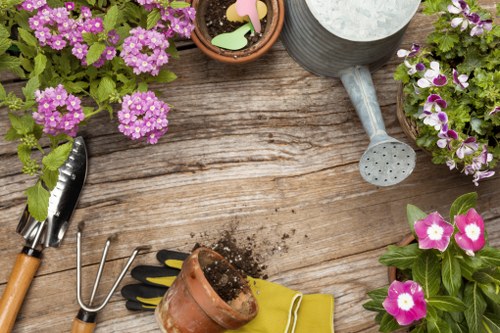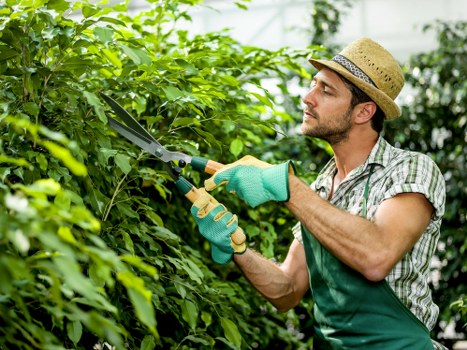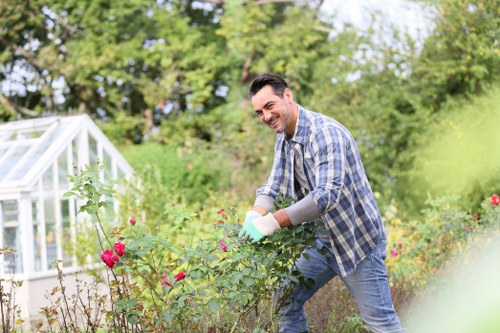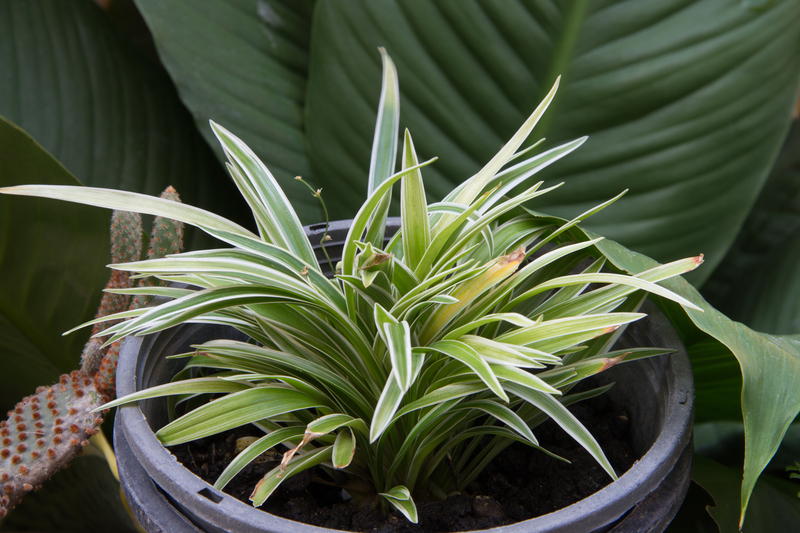Comprehensive Guide to Garden Maintenance in Forest Hill

Garden maintenance in Forest Hill requires a blend of knowledge, dedication, and the right tools. Whether you're a seasoned gardener or just starting, understanding the local climate and soil conditions is crucial for a thriving garden. Forest Hill's unique environment offers both challenges and opportunities for gardening enthusiasts.
Regular upkeep ensures that your plants remain healthy and vibrant throughout the seasons. This includes tasks like pruning, weeding, fertilizing, and pest control. Implementing a consistent maintenance routine can significantly enhance the beauty and productivity of your garden.
Choosing the right plants for Forest Hill's climate is essential. Opt for species that are well-suited to the region's temperature fluctuations and rainfall patterns. Native plants, in particular, tend to be more resilient and require less maintenance.

Soil preparation is a fundamental aspect of garden maintenance. Conducting a soil test can help determine the pH level and nutrient content, allowing you to amend the soil accordingly. Adding organic matter, such as compost, can improve soil structure and fertility.
Proper irrigation is vital for maintaining a healthy garden. Installing a drip irrigation system can ensure that plants receive the right amount of water without wastage. Additionally, mulching helps retain soil moisture and suppresses weed growth.
Pruning and trimming are necessary to promote plant growth and prevent diseases. Remove dead or diseased branches regularly to maintain the health and appearance of your plants. For flowering plants, pruning can also encourage more blooms.

Integrated pest management (IPM) is an eco-friendly approach to controlling garden pests. It involves monitoring pest populations, using biological controls, and applying chemical treatments only when necessary. This method minimizes the impact on beneficial insects and the environment.
Fertilization should be done thoughtfully to provide plants with the nutrients they need without overfeeding. Use slow-release fertilizers to ensure a steady supply of nutrients over time. Organic fertilizers are a sustainable option that enriches the soil.
Seasonal tasks are an integral part of garden maintenance. In spring, focus on planting and preparing beds for the growing season. Summer requires diligent watering and pest control, while fall involves clearing debris and preparing plants for winter. Winter tasks include protecting sensitive plants from frost and planning for the next year.

Maintaining garden tools is often overlooked but essential for effective garden maintenance. Regular cleaning, sharpening, and proper storage of tools extend their lifespan and ensure they function correctly when needed.
Creating a compost pile is an excellent way to recycle garden waste and enrich the soil naturally. Compost provides essential nutrients and improves soil structure, fostering a healthy growing environment for your plants.
Attracting pollinators and beneficial insects to your garden can enhance plant health and productivity. Planting a variety of flowers and providing habitats encourages the presence of these vital creatures.

Consistent garden maintenance in Forest Hill not only beautifies your outdoor space but also contributes to the overall well-being of your local ecosystem. By adopting sustainable practices and staying informed about the latest gardening techniques, you can achieve a flourishing garden that stands the test of time.
